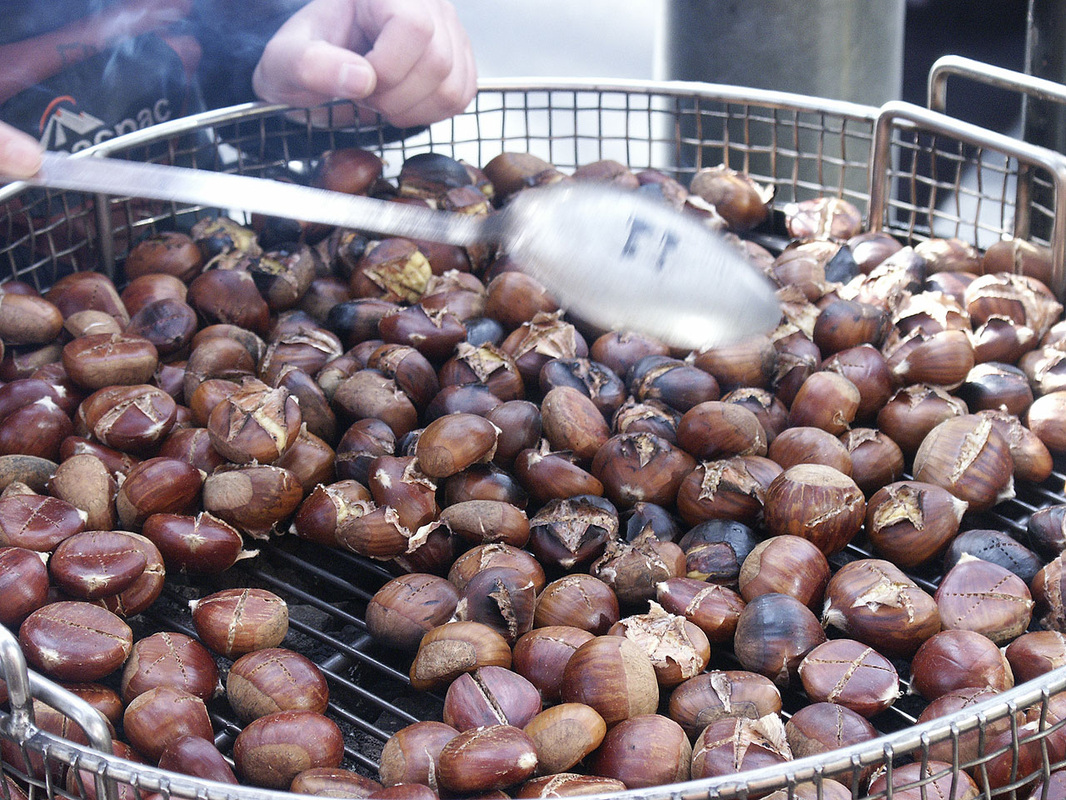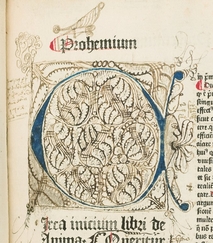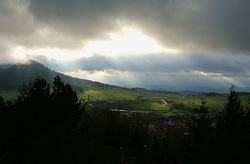\ˈprō-ˌtest\
There is much to protest. When a teenager walking down the street in the middle of the day can be shot dead. Again. When the apologists shake their heads and say, well there must have been a good reason for it. Again. When the police force denies accountability and casts forth a smokescreen of innuendo: he was a suspect, he may have been on drugs, he had it coming. Again. When the we wearily embark on another investigation that will mostly likely decree that the killing of this young black person was justified. Again.
| A protest is a formal pledge or public declaration. It comes by way of Old French from the Latin protestari, which means to declare or swear publicly. It’s related to testari (to testify), which in turn derives from testis, or “witness.” |
I sympathize with those who long to throw a bottle, smash a window, curse an armored cop. This is my truth. My life. It matters. Listen.
And when I do look back to my everyday life I try to hold on to the double vision. My witness: I have access to employment, to health care, to housing, to capital, to social power. Bank managers lend me money. People usually assume I am telling the truth. I have never been stopped by the police except once, doing 80 in a 55 zone. He gave me a ticket and told me to slow down.
I am called to witness. I am called to be useful.
At night, I go running down a dark street. An officer passing in a patrol car raises his hand in a casual wave.
I protest.



















 RSS Feed
RSS Feed